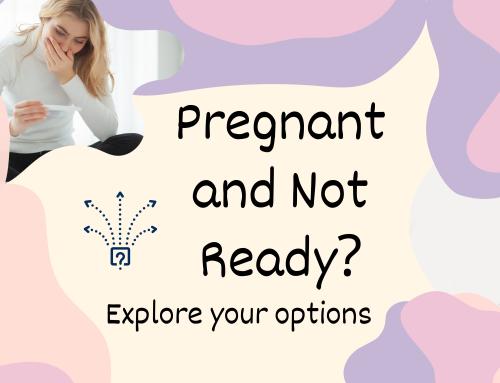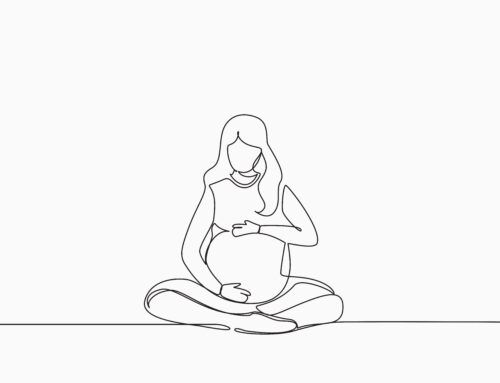The lists of what to eat and what not to eat can be quite extensive and at times very overwhelming when you are pregnant. You may find yourself having to give up things you really enjoyed eating before pregnancy like, sushi, soft cheeses, lunch meat, soda and even coffee! The truth is, eating healthy and avoiding harmful foods during pregnancy is detrimental in the growth and development of your baby. So, while it may be hard, giving up these things and standing strong against your cravings for these harmful items is extremely important.
Many of us survive day-to-day life by having a cup, or two, of coffee, tea, or the occasional soda throughout our day. However, while you are pregnant it is very important to cut out products containing caffeine, or limit to 200mg per day, because of the harmful effects that it could have on your baby. Caffeine is a drug found in things like coffee, tea, soda, chocolate and even some energy drinks and medicines.
Have you ever heard someone say, “Caffeine is a drug?” Technically, they are correct. Caffeine is a stimulant and causes your heart rate and blood pressure to rise. As your pregnancy progresses, it will also become clearer that your body can’t metabolize the caffeine as quickly as it did before pregnancy. This can result in insomnia, anxiety, and heartburn. During pregnancy, your body’s ability to break down caffeine decreases resulting in a higher level of it in your bloodstream. During the third trimester of pregnancy, it can take three times as long to process caffeine.
Why is caffeine harmful to my baby?
When you ingest something containing caffeine, it crosses the placenta into the amniotic fluid and your baby’s bloodstream. The placenta supplies your baby with food and oxygen through the umbilical cord. Anything that you ingest, your baby will too. As your body metabolizes the caffeine it passes through you and your baby’s body, which is still developing. Because your baby’s body is still developing, it will take much longer to process and pass the caffeine, resulting in a longer and harmful exposure period to the caffeine. Studies have shown that mother’s who consume more than 300mg of caffeine a day were at risk for giving birth to babies with low birth weights. Studies also show that in early pregnancy, caffeine could cause miscarriages. If you choose to breast feed after pregnancy is it also important to limit the amount of caffeine you are ingesting because a small amount of caffeine can get into breast milk.
What foods and drinks contain caffeine?
- Coffee
- Soda
- Tea
- Energy drinks
- Chocolate – chocolate syrup and hot chocolate
- Coffee flavored products like ice cream
- Certain prescriptions, especially ones that cure drowsiness, can contain caffeine. Be sure to speak with your healthcare provider before taking and prescriptions medications while pregnant
- Herbal products – yerba mate, kola nut and green tea extract.
If you feel that you will need assistance eliminating caffeine while you are pregnant, and can’t do so cold turkey, here are some helpful tips to subside your cravings!
How to eliminate your caffeine cravings
- Switch to decaf
- Gradually cut down on the amount of caffeinated products you consume daily
- Mix decaf with your regular coffee at first
- Increase the amount of water you drink
- Water down drinks that contain caffeine
There are many new rules and health care restrictions that you have to follow now that you are pregnant. Just remember anything that you ingest while pregnant, can have an effect on the growing baby in your belly. So while giving up foods and drinks that you love may be hard, remember that it is to insure the healthy and safe arrival of your new baby.




